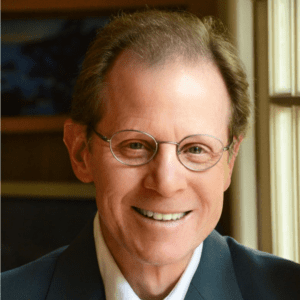According to psychiatrist and bestselling author Dan Siegel, we’re in the midst of an unprecedented period in time, where humans have a remarkable influence in shaping our environment for generations to come. But just thinking about the specter of global warming, greenhouse gas emissions, and melting polar ice caps is enough to make even the most ardent environmentalist throw up their hands. So what can ordinary therapists do?
In this video clip from his 2015 Networker Symposium keynote address, “Healing and Hope in the Human Age,” Siegel shares a story from his work with a climate change awareness organization that helped him come up with a strategy for personal transformation.
Hear Siegel explain how therapists can handle the flood of emotion that comes when contemplating our duty to the environment, and how we can help clients do the same.
“It’s our job to attend to the way we relate to each other and the planet,” Siegel says. As educators, he adds, we can teach people about the mind’s energy and how to regulate information flow without getting overwhelmed—a first step to having clients think constructively about their impact on the world around them and what they can do to improve it.
“It’s crucial that we recognize the things, no matter how small they seem, that we can do,” Siegel says. “We always need to bear in mind that we can help people develop a quality of integration and awareness in their lives that enables them to be more effective in having an impact on the world and making it a kinder, more compassionate place—a place where, in fact, there’s healing and hope.”
Dan Siegel
Longtime Psychotherapy Networker contributor Daniel J. Siegel, MD, is a graduate of Harvard Medical School and completed his postgraduate medical education at UCLA with training in pediatrics and child, adolescent, and adult psychiatry. He is currently a clinical professor of psychiatry at the UCLA School of Medicine, founding co-director of UCLA’s Mindful Awareness Research Center, founding co-investigator at the UCLA Center for Culture, Brain and Development, and executive director of the Mindsight Institute, an educational center devoted to promoting insight, compassion, and empathy in individuals, families, institutions, and communities. Dr. Siegel’s psychotherapy practice spans thirty years, and he has published extensively for the professional audience. He serves as the Founding Editor for the Norton Professional Series on Interpersonal Neurobiology which includes over 70 textbooks.










